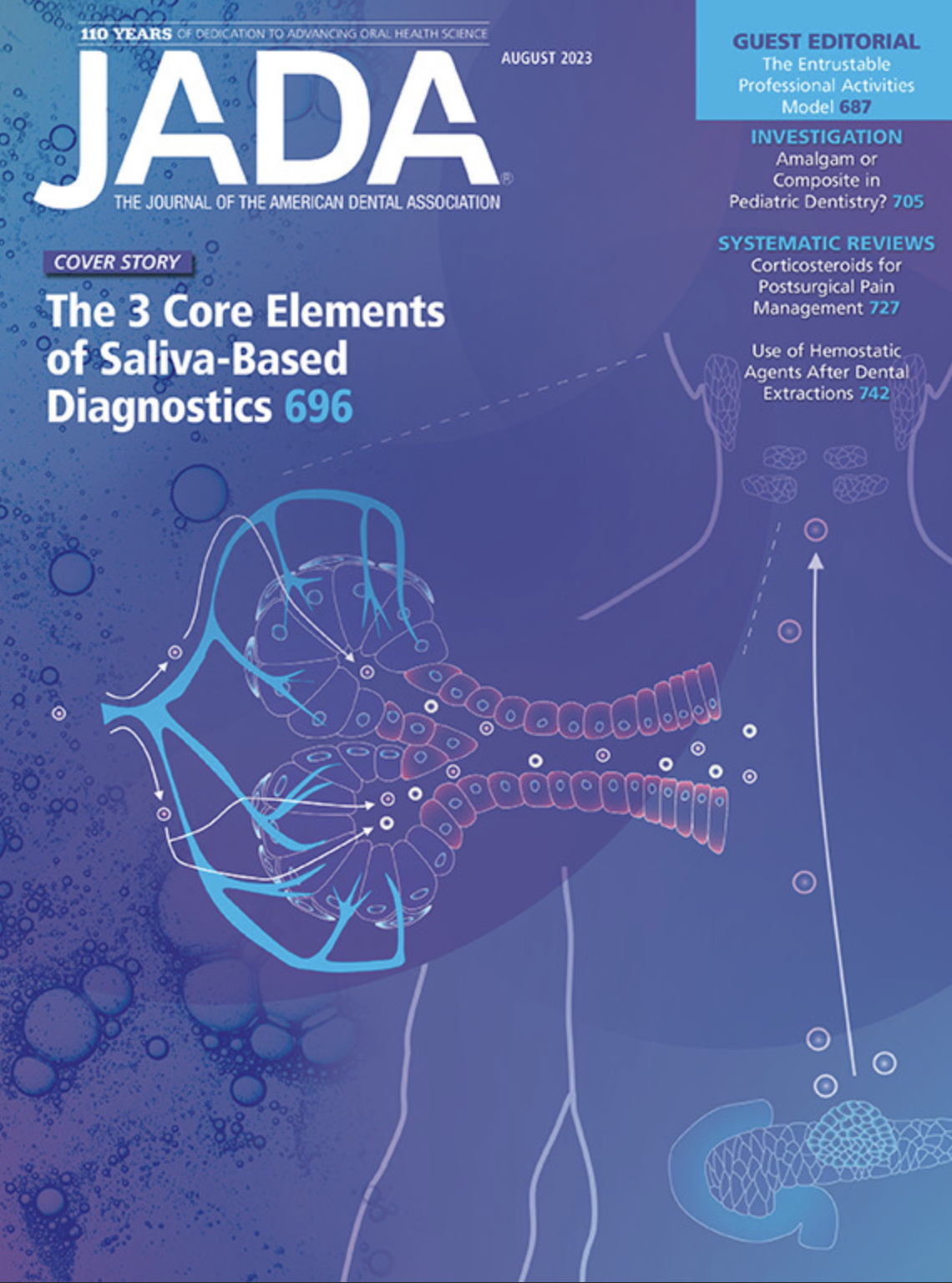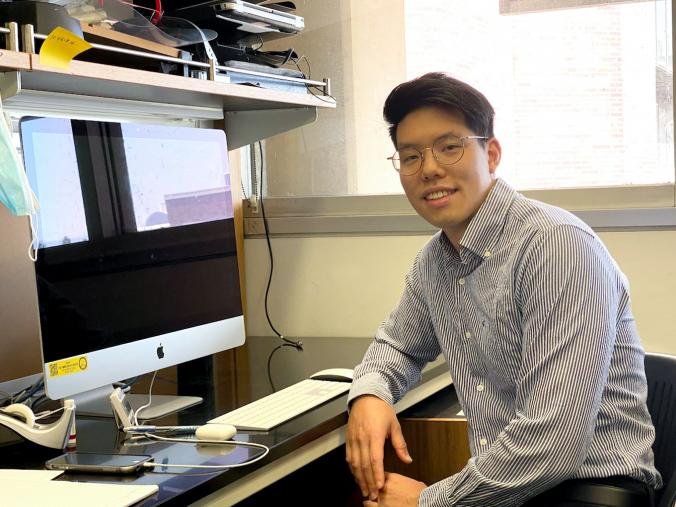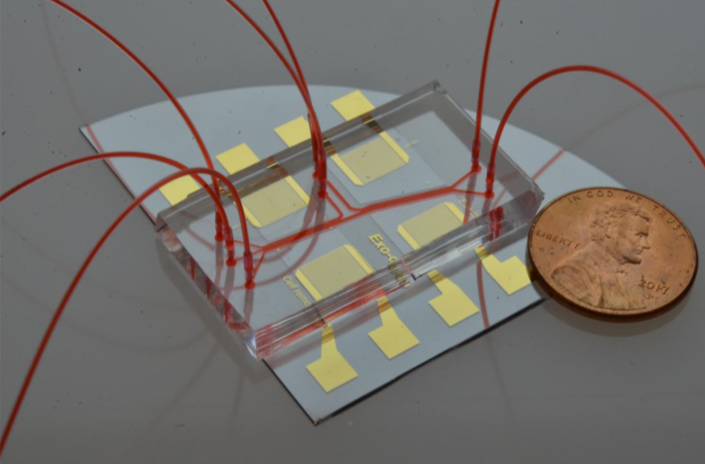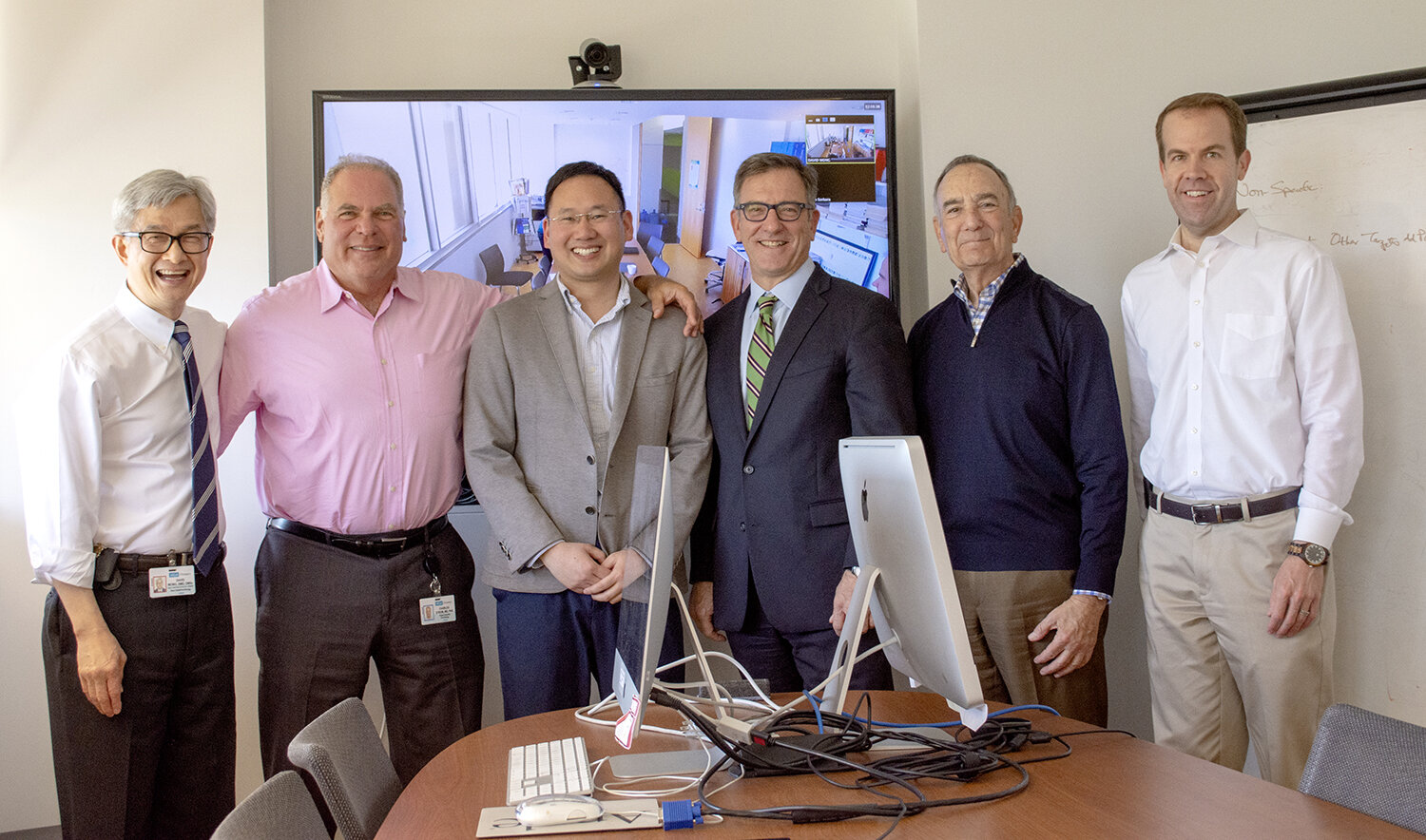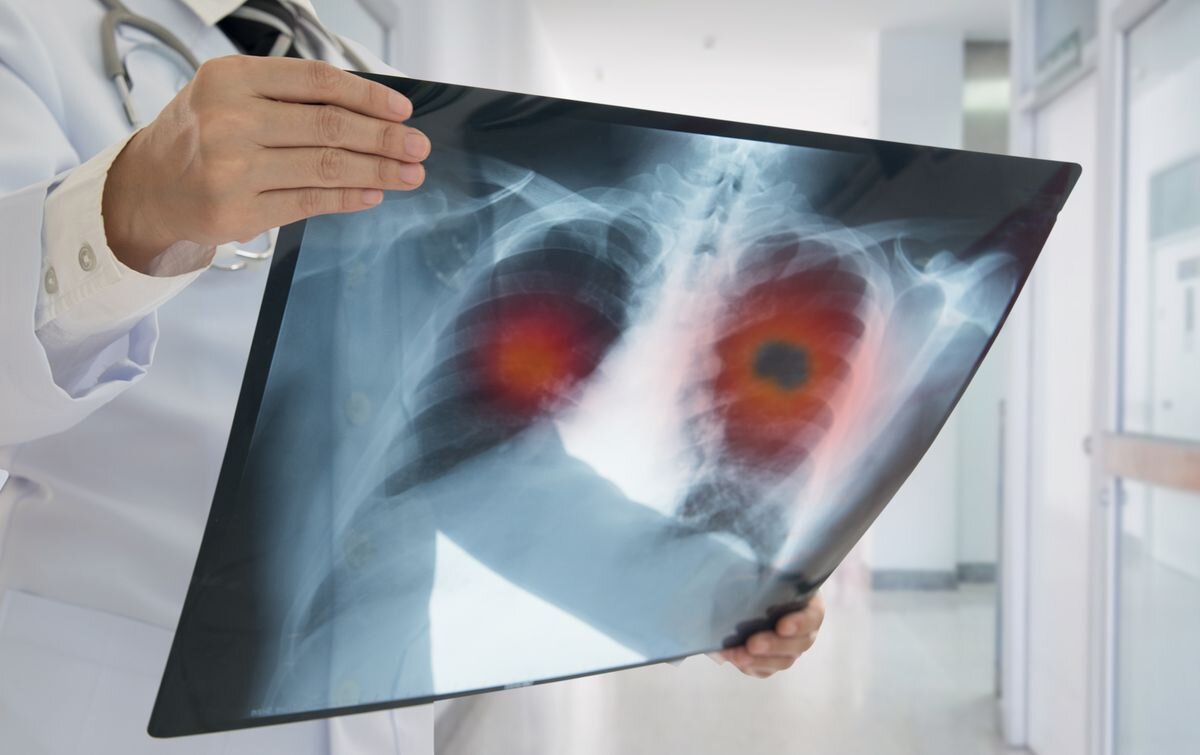Single-stranded pre-methylated 5mC adapters uncover the methylation profile of plasma ultrashort Single-stranded cell-free DNA
Presentations, Awards Conclude Impactful Summer at UCLA for Undergraduate Data Scientists
The Human Salivary RNA Transcriptome Revealed by Massively Parallel Sequencing
Clinical Chemistry 2012, v.58, p.1314-1321
Cover Article in The Journal of the American Dental Association
iScience Paper Featured in GenomeWeb News Article
National Cancer Institute Awarded Jordan Cheng, DMD, the prestigious F99/K00 Predoctoral to Postdoctoral Fellow Transition Award
Jordan Cheng, DMD, a graduate trainee in the Oral Biology Ph.D. program at the UCLA School of Dentistry, was recently awarded the National Cancer Institute’s Predoctoral to Postdoctoral Fellow Transition Award (F99/K00). The F99/K00 award is to support and retain outstanding graduate students recognized by their institutions for their high potential and strong interest in pursuing careers as independent cancer researchers. The award will facilitate the transition of trainees from their graduate training to postdoctoral appointments at high-impact cancer labs.
Jordan was selected as the UCLA nominee to apply for the NCI F99/K00 Fellowship. After the study section review, he was selected as one of the 24 awardees amongst various applicants from institutes around the country.
Jordan’s proposed career development path is to complete the final two years of his graduate level training in the laboratory of Dr. David Wong (F99) at UCLA followed by a four-year appointment in any cancer-related laboratory for his postdoctoral training (K00). Jordan’s research project at UCLA is to characterize a novel population of ultrashort cell-free DNA in biofluids such as plasma and saliva. This population will enhance the performance of cancer diagnostics platforms in liquid biopsy. For his postdoctoral training he hopes to further augment his skills molecular biology and bioinformatics in order develop expertise in in cancer diagnostics.
Saliva test shows promise for earlier and easier detection of mouth and throat cancer
A novel non-invasive technique may detect human papilloma virus-16, the strain associated with oropharyngeal cancer, in saliva samples, reports
The Journal of Molecular Diagnostics
ERCC2 Projects
(UG3/UH3) RFA-RM-18-027: Improved isolation and analysis of exRNA carrier subclasses. (UG3/UH3) RFA-RM-18-028: Towards Single Extracellular Vesicle (EV) Sorting, Isolation, and Analysis of Cargo.

EECR2 Scientist Interview Video
David Wong from UCLA describes his research plan as a member of the Extracellular RNA Communication Consortium, Stage 2 (ERCC2).
EARLY CANCER DETECTION LIQUID BIOPSY TECHNOLOGY RECEIVES REGULATORY APPROVAL
Dr. David Wong, associate dean for research, and his team received regulatory approval on their EFIRM (electric field-induced release and measurement) technology as a Clinical Laboratory Improvement Amendments (CLIA)-certified, College of American Pathology (CAP)-accredited assay to be used in clinical practice. EFIRM creates a reliable, novel, and impactful method to detect tumor-causing, lung cancer mutations in saliva and blood that is non-invasive, cost-effective, and quick. For the past four years until now, the technology has been in research and testing phases.
UCLA is awarded $5 million to develop tools to detect lung cancer earlier
Researchers from the UCLA School of Dentistry and the David Geffen School of Medicine at UCLA have been awarded $5 million over five years from the National Cancer Institute to develop liquid biopsy tools for testing individuals who could have lung cancer — the leading cause of cancer death in both U.S. men and women. The award, one of only six given in the nation, will support further development of the tools to improve methods for early detection of lung cancer. (Continued in link).



